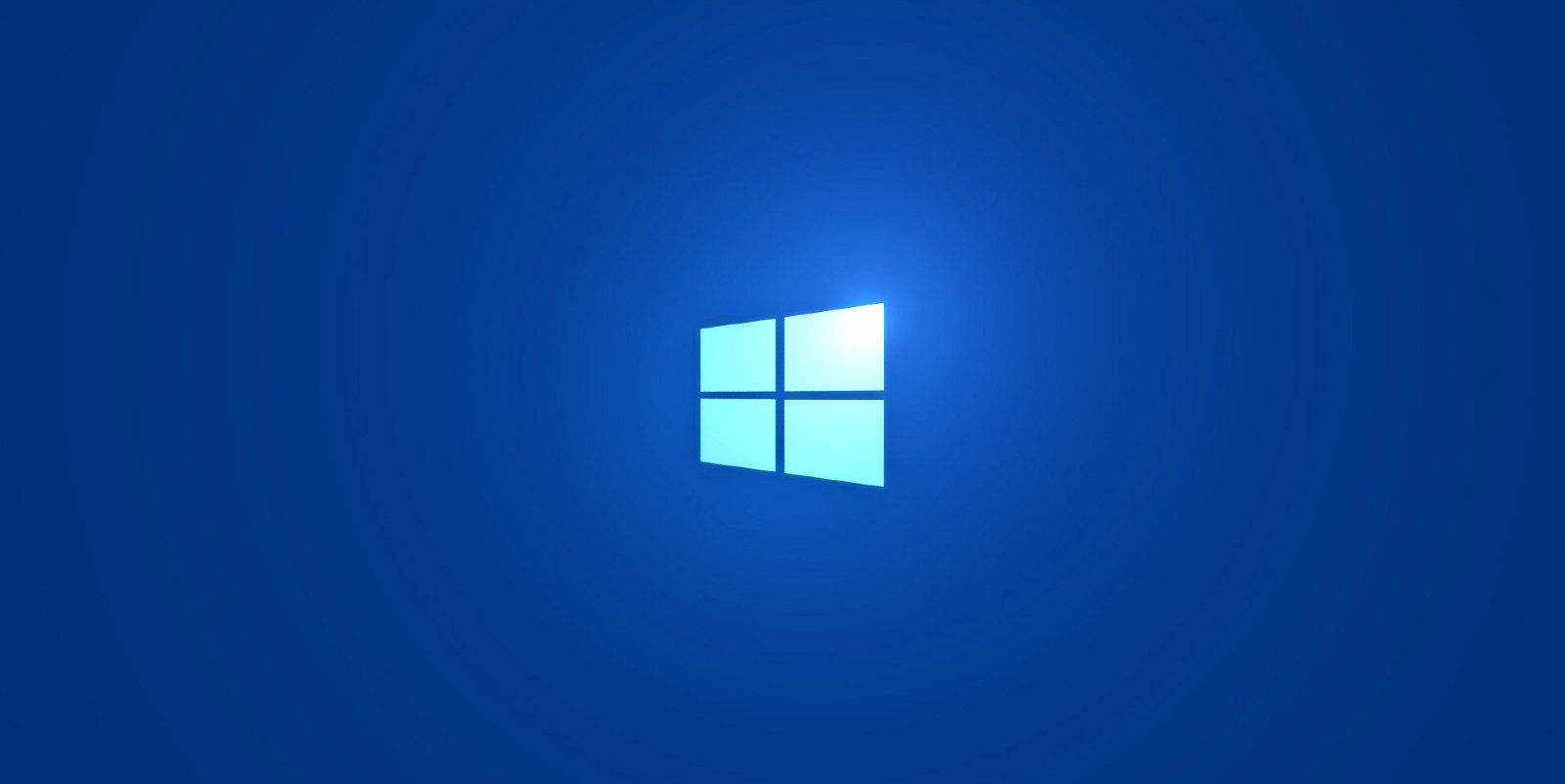Windows 2030: Microsoft’s Vision for an Agentic AI-Driven OS
Microsoft has recently unveiled its vision for the future of Windows, imagining an operating system deeply transformed by agentic artificial intelligence. In the Windows 2030 Vision video, interacting with your computer by speaking will become the norm, while mouse and keyboard will play a much smaller role.
Natural Interaction: Farewell to Mouse and Keyboard?
David Weston, Microsoft’s Corporate Vice President for Enterprise & Security, predicts that in five years, companies will be able to “hire” AI agents as security experts, capable of joining Teams meetings and collaborating like real colleagues.
“I truly believe the future version of Windows will interact in a multimodal way. The computer will be able to see what we see, hear what we hear, and we can talk to it and ask it to do much more sophisticated things.”
David Weston, Microsoft
According to Weston, agentic AI will handle repetitive tasks, allowing humans to focus on more creative and strategic work.
A Multimodal Future
Microsoft’s vision focuses on “multimodal” interaction, where communicating with the computer becomes more natural and intuitive. Users will be able to converse with the OS, which will understand visual and audio context as well as voice commands.
- Interaction through natural language
- Agentic AI as a new digital colleague
- Automation of repetitive tasks
Community Doubts and Reactions
Despite Microsoft’s enthusiasm, the idea of a voice-driven OS does not convince everyone. The video has received more negative than positive reactions, showing that many users are skeptical about the feasibility of this revolution by 2030.
Microsoft has also often had to revise or withdraw AI features announced with great fanfare, as seen with the controversial Recall function.
Conclusion: Revolution or Utopia?
Imagining mouse and keyboard becoming obsolete in just five years seems unrealistic today. However, the direction is clear: artificial intelligence will play an increasingly central role in the evolution of operating systems, even if the transition may take longer than expected.
